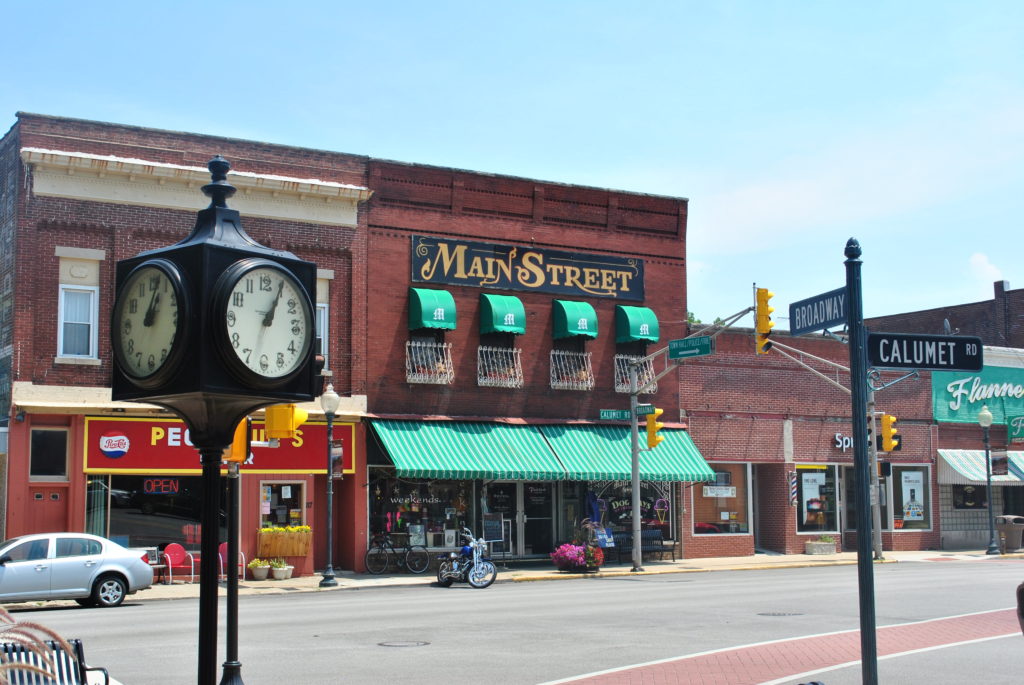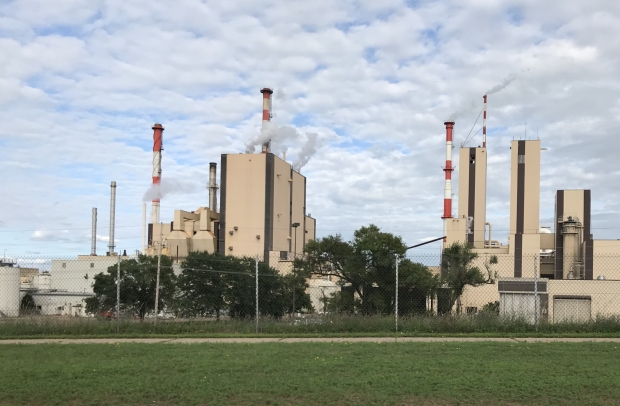As businesses close, new opportunities arise for employee ownership

Local Economy Preservation Funds Offer Opportunity to Save Main Street Businesses
“Mission-driven, triple-bottom-line companies must become the norm rather than the exception,” writes Marjorie Kelly in The Hill. In an August 19 op ed, Kelly argues for bold action in response to the small business crisis caused by the pandemic. Otherwise, distressed businesses will be bought up by larger competitors and private equity, and we’ll be left with just a few “Amazons” owning everything.
It’s time to consign the capital-controlled model of business ownership to history.
The Democracy Collaborative has proposed an alternative solution—“local economy preservation funds.” These holding companies would invest equity in small- and medium-sized enterprises, either supporting local owners or taking full ownership, holding the firms during the crisis, then transitioning the businesses to broad-based public ownership in a recovery. These funds, says Kelly, “can ensure that a revitalized small business sector is also a reparative one, conferring wealth-generating opportunity to people who have been systematically excluded.”
It’s time to consign the capital-controlled model of business ownership to history. The current crisis is an opportunity to take a new path, one that combines employee-ownership or other broad-based ownership with social purpose in order to build an economy that works for all.
A Wisconsin Paper Mill Considers Cooperative Ownership

Verso Corporation’s Wisconsin Rapids paper mill shut down this summer, a victim of the coronavirus epidemic. The fallout is expected to be enormous, with 900 employees impacted, as well as thousands of others dependent on the paper industry, from loggers to truckers.
But it is possible that the plant will rise again—not under new corporate ownership but as a cooperative. This solution is being pushed by loggers who are members of the Great Lakes Timber Professionals Association. The state economic development corporation is studying the viability of the proposal, which would make the plant workers, loggers, and haulers owners of the operation.
Republican State Representative Scott Krug, called the proposal “the most intriguing idea out there.” Logger Dennis Schoeneck, 60, a passionate proponent of managing forests as a sustainable resource, believes that with a sustainable approach, the mill can be saved.
“We won’t have any of those big dogs at the top making millions of dollars and not putting it back into the facility,” he told the Washington Post.
Employee Stock Purchase Plans Improve Firm Performance
A recent study from Carver Edison indicates that publicly traded firms with employee stock purchase plans (ESPPs) create more value for shareholders than their peers. ESPPs allow participating employees to purchase company stock at a discounted price. Employees contribute to the plan through payroll deductions. Nearly half of S&P 500 firms offer an ESPP, though according to ValueWalk, these plans are underutilized.
The study examined data from the past five years and found that firms with ESPPs had a return on equity of 12 percent as compared to 7 percent for firms without ESPPs. The ESPP firms also had higher operating margins, 9.5 percent as compared to 8.19 percent.
As with ESOPs, firms with ESPPs tend to have more motivated workers. Overall, the workforces at ESPP firms logged more hours, were absent less frequently, were less likely to quit, and expressed greater job satisfaction.
To follow Employee Ownership News, subscribe to the Fifty by Fifty newsletter or follow us at Medium.
